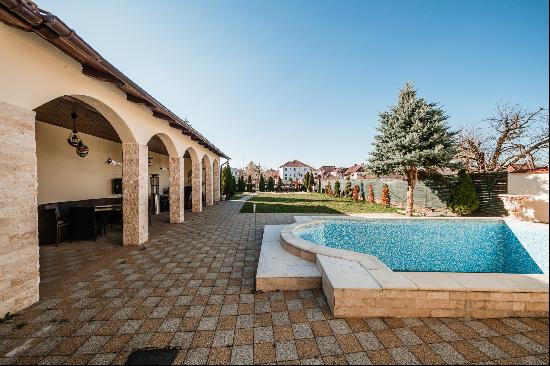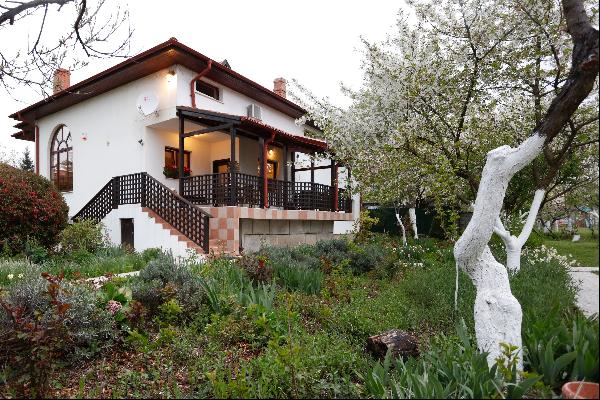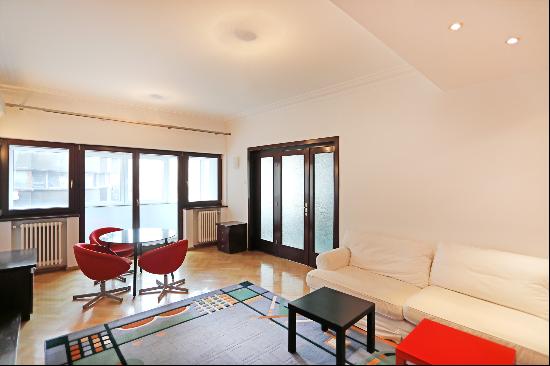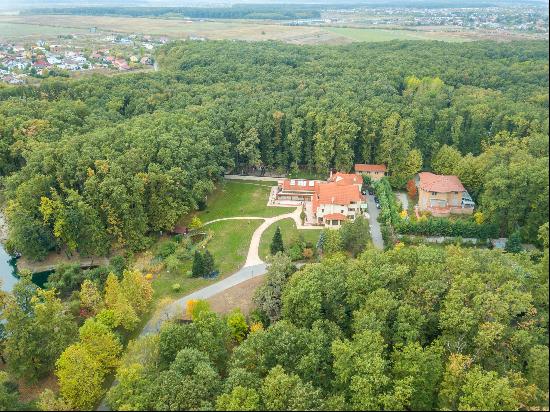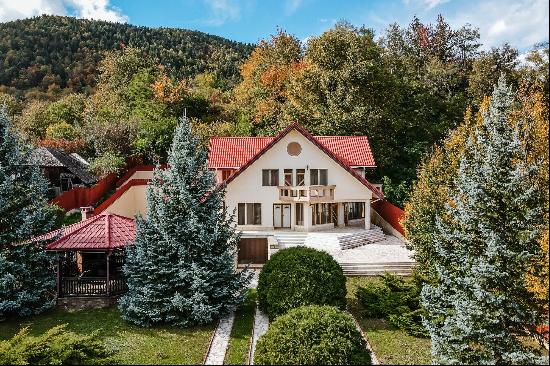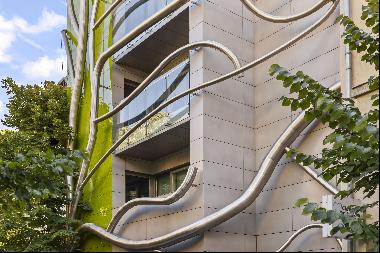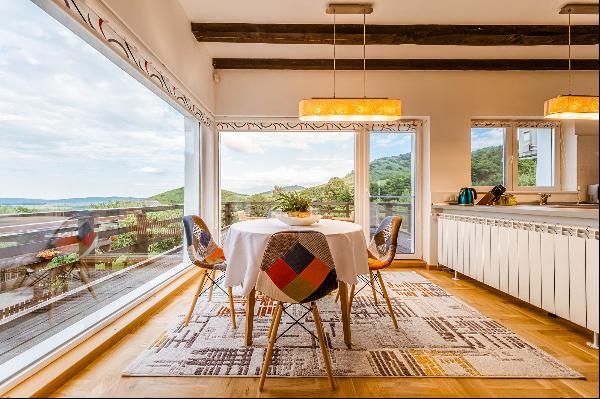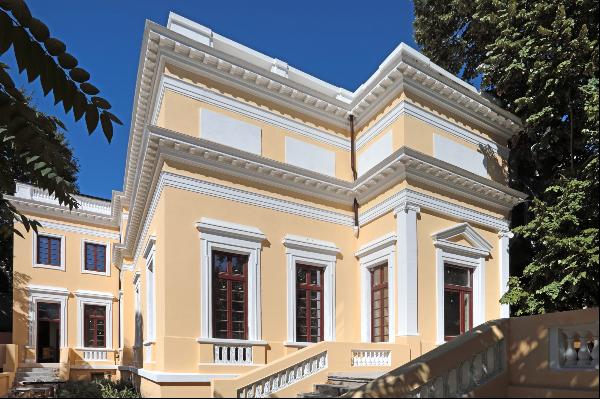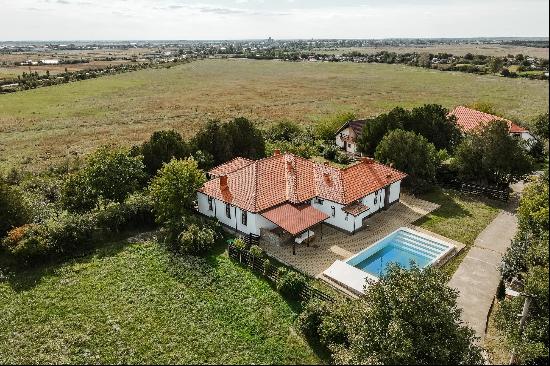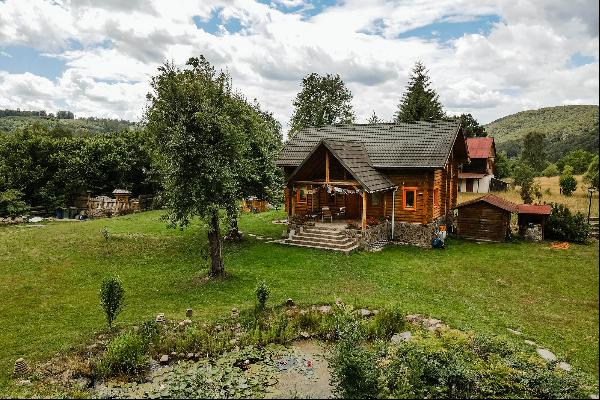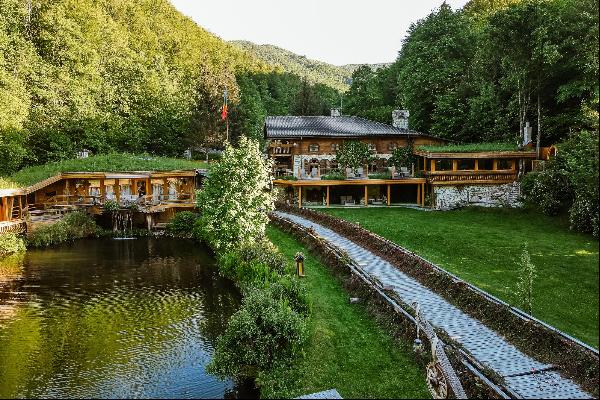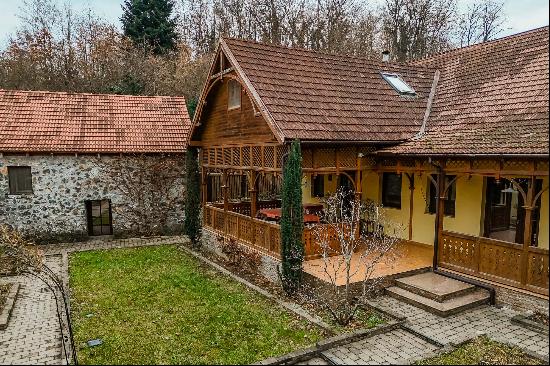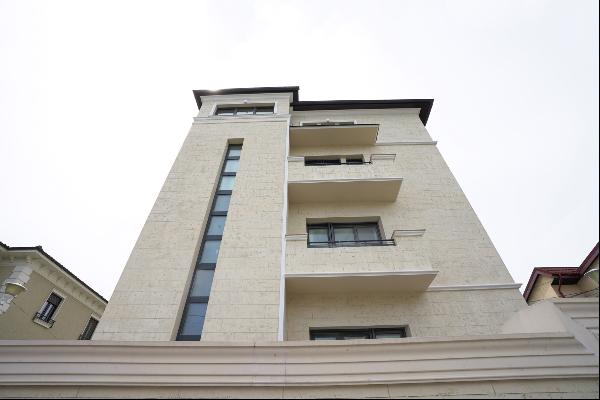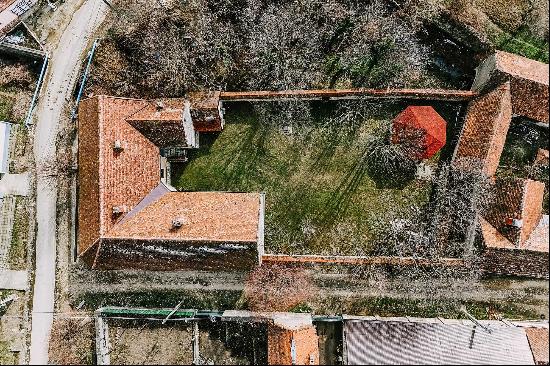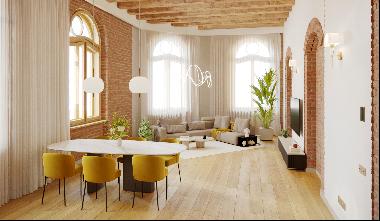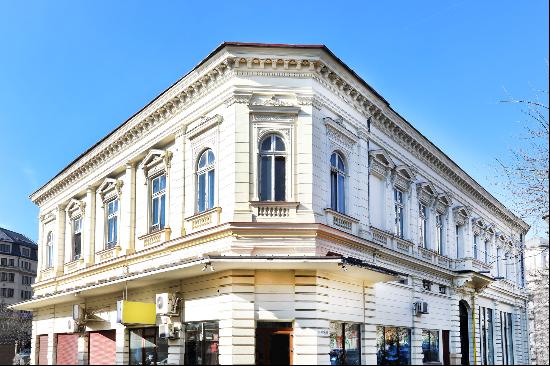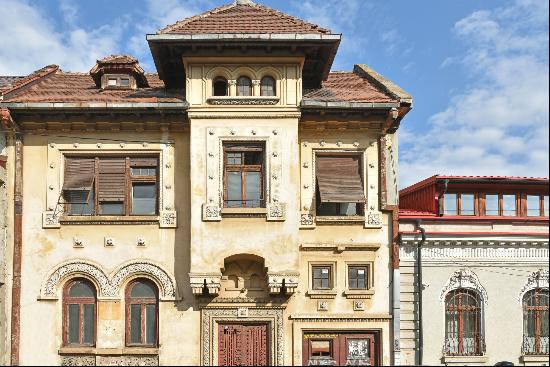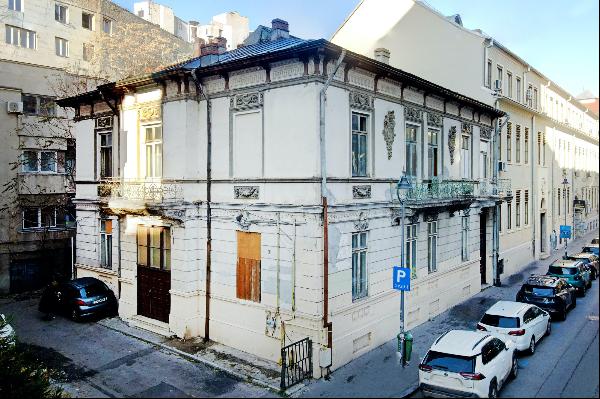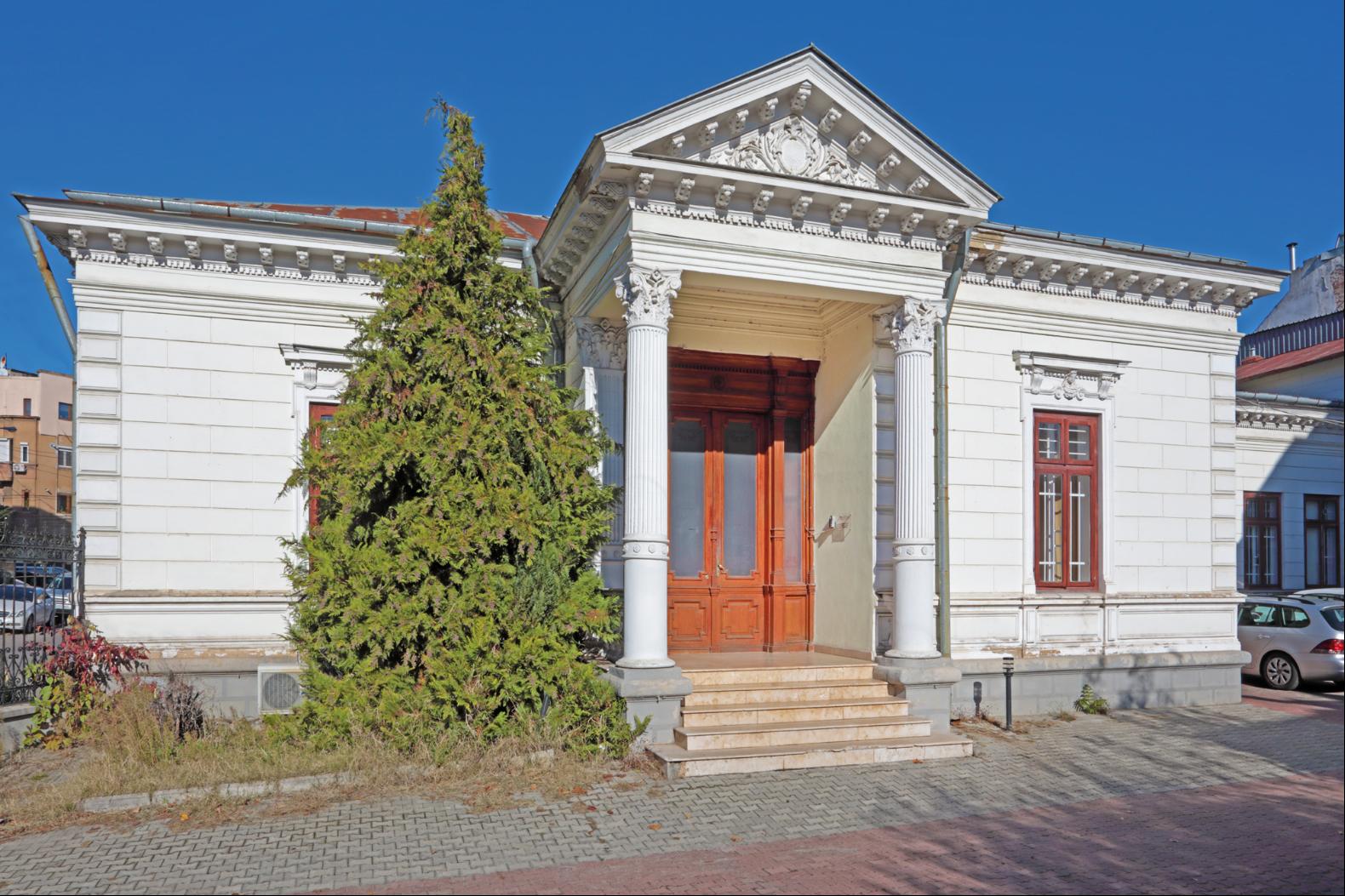
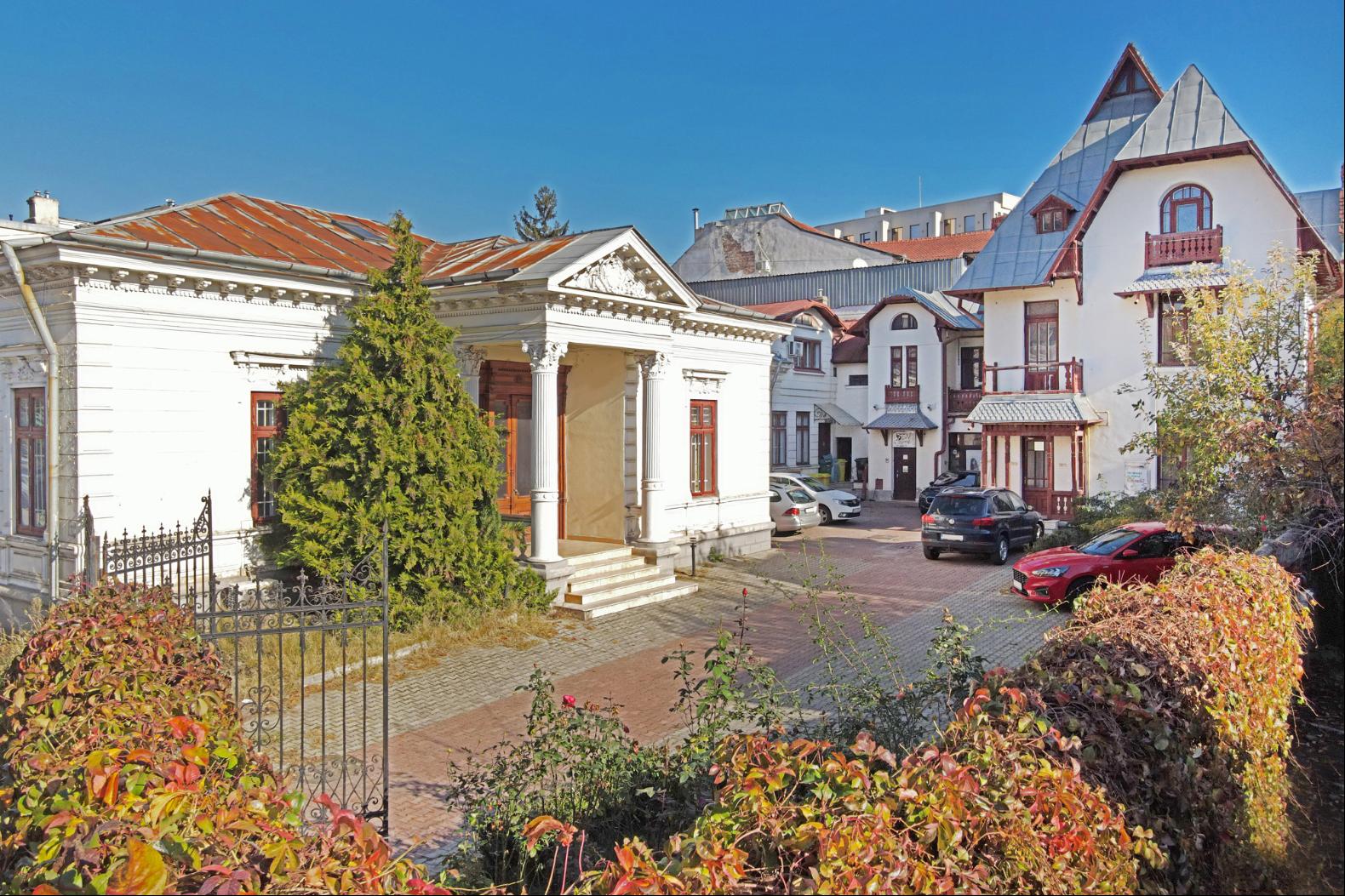
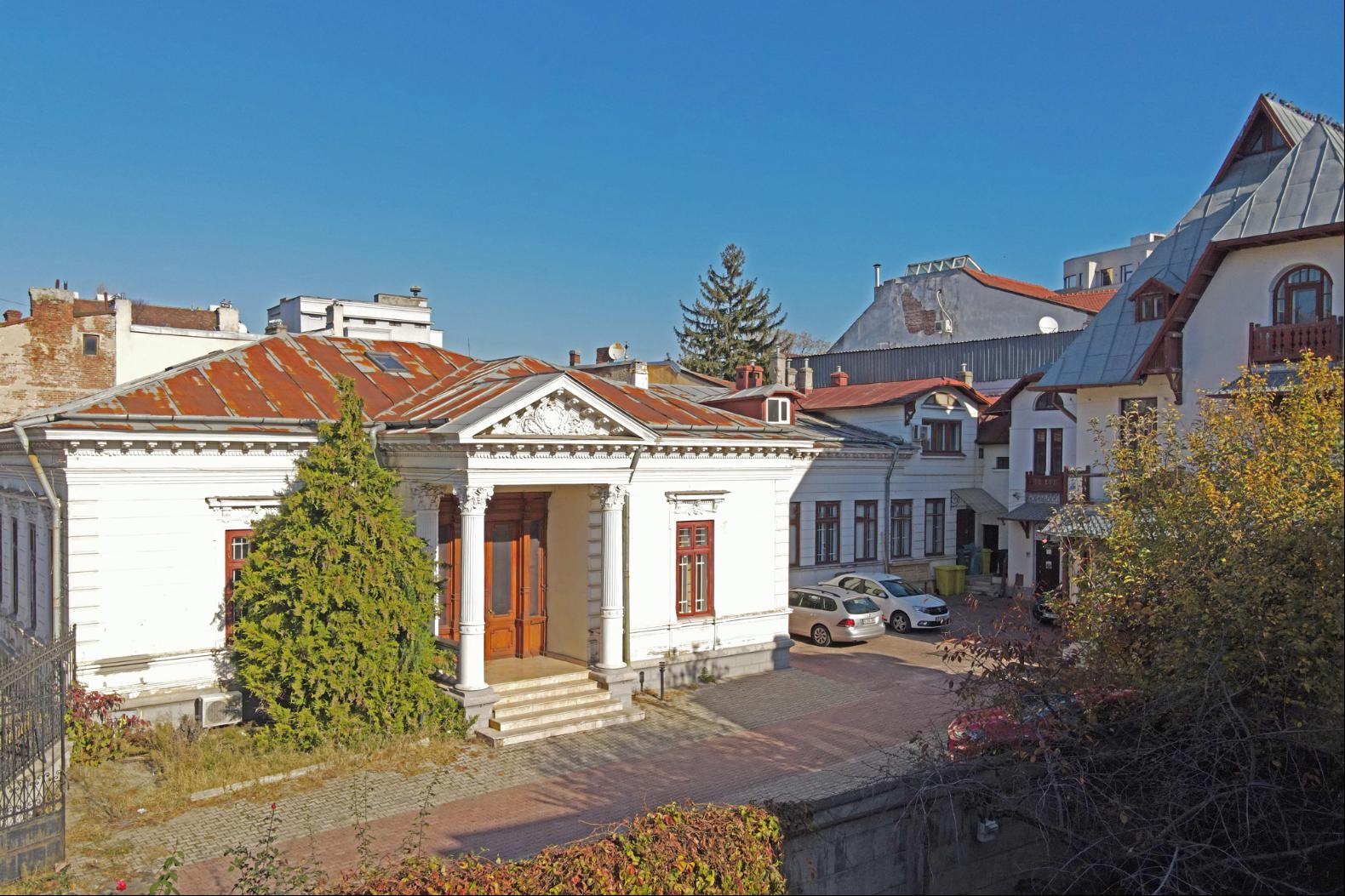
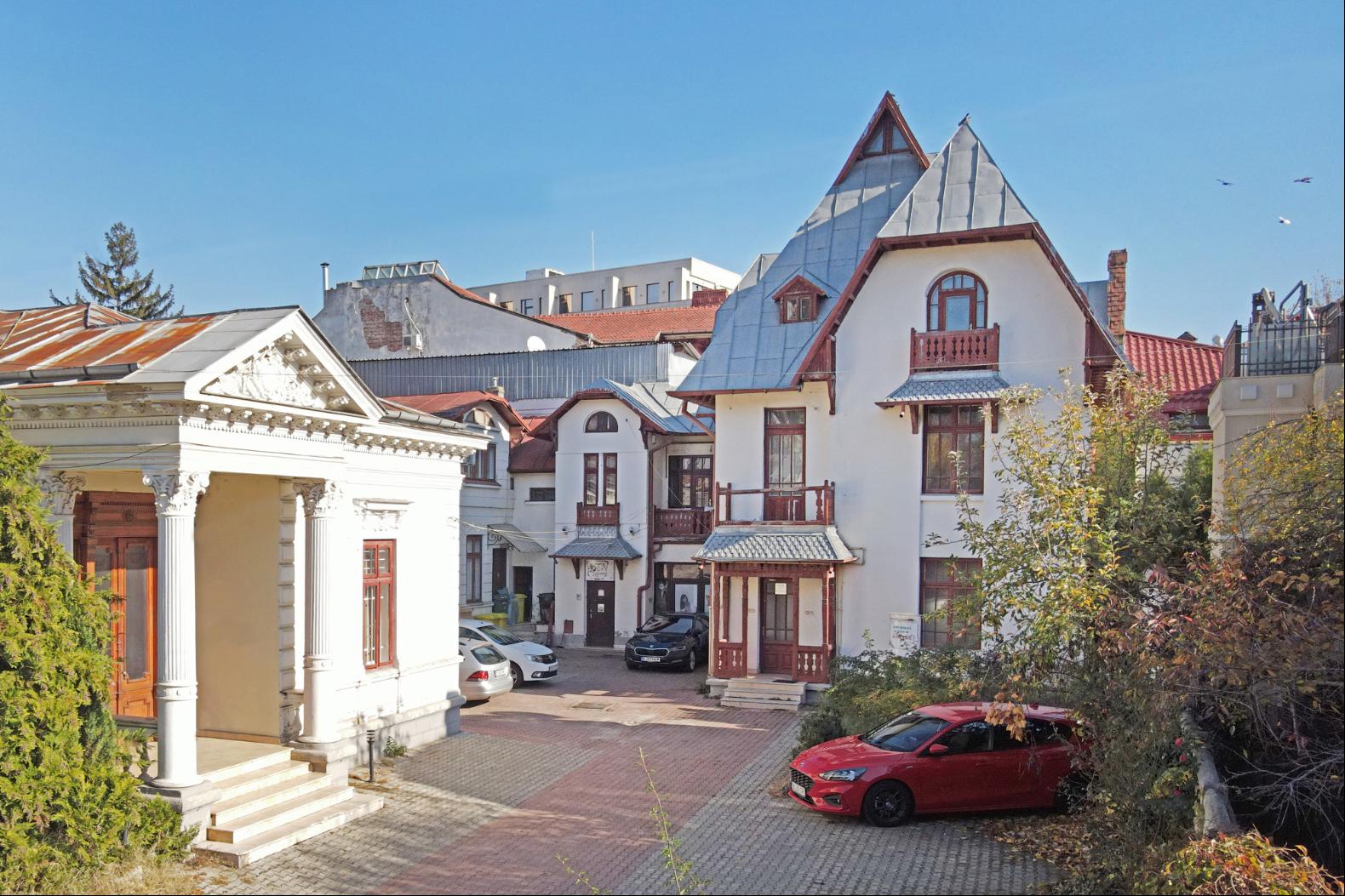
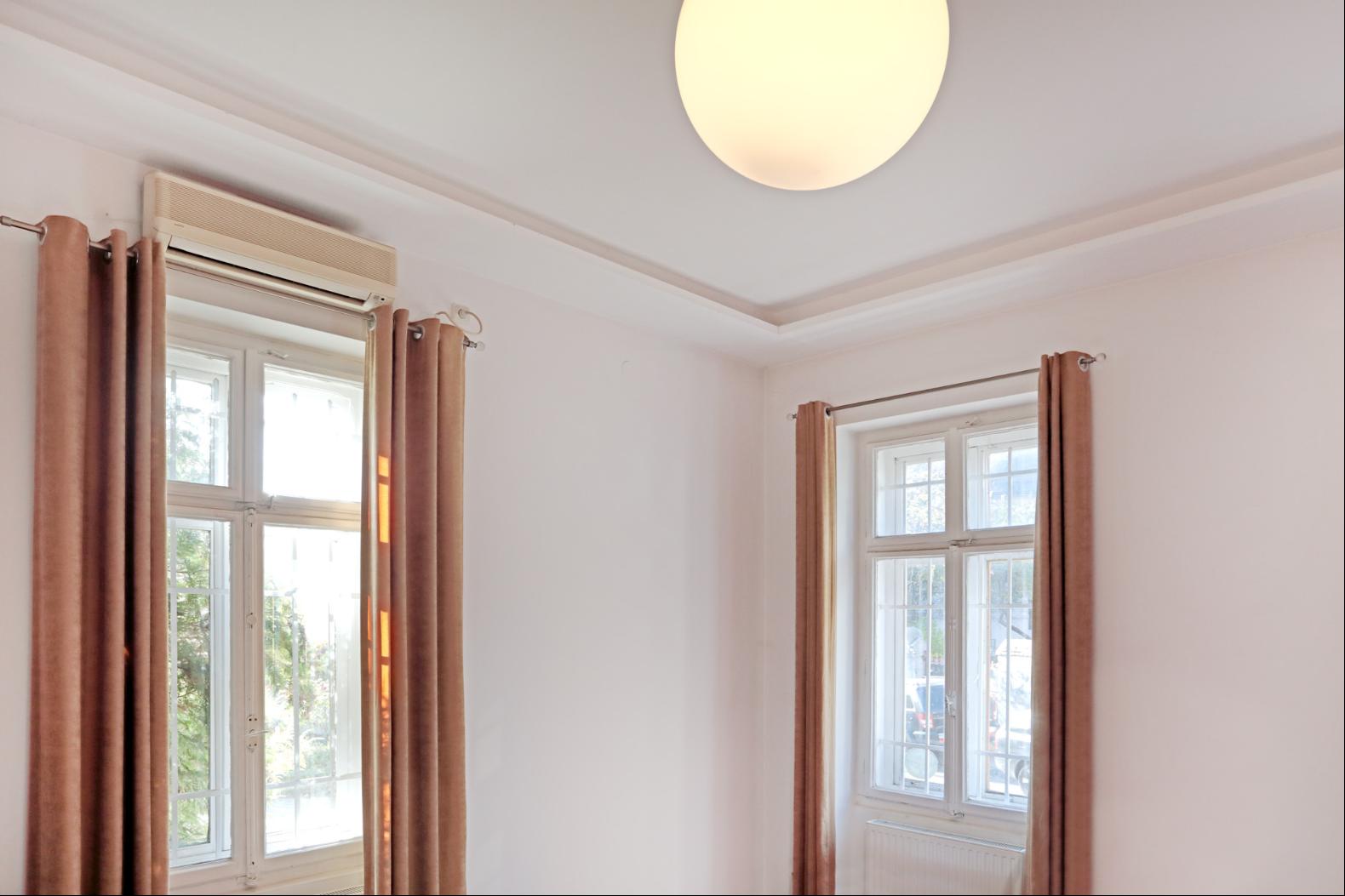
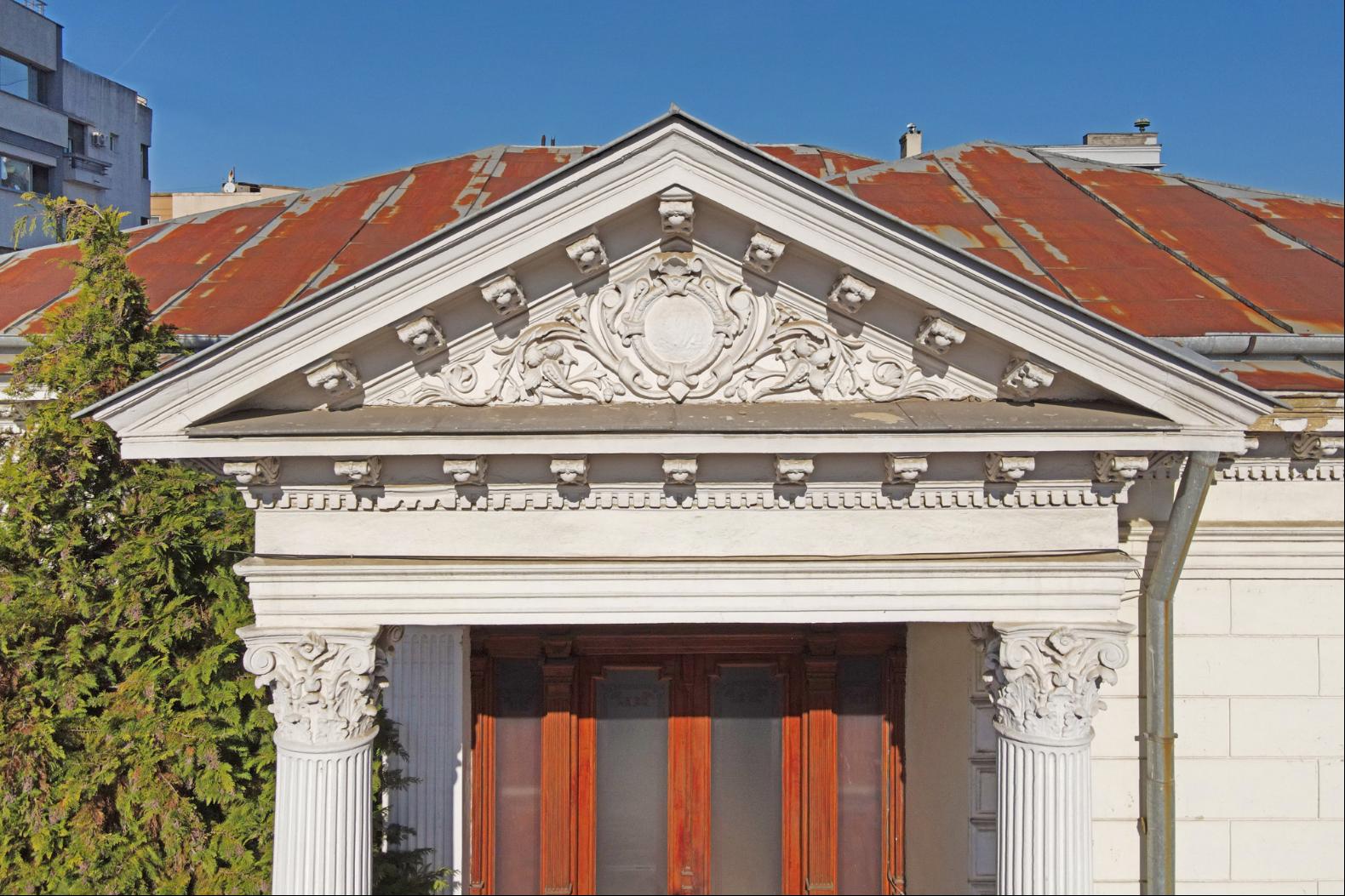
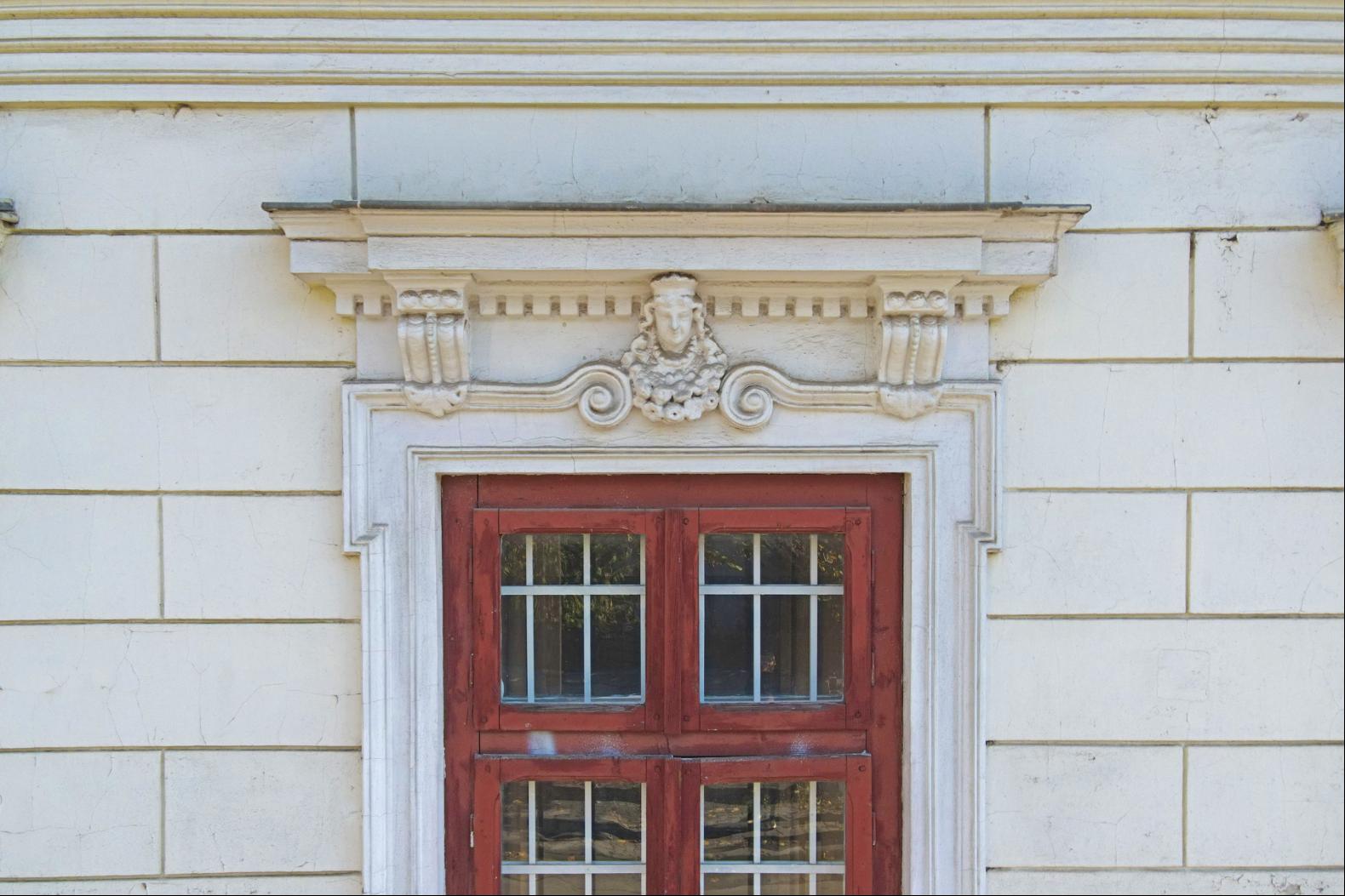
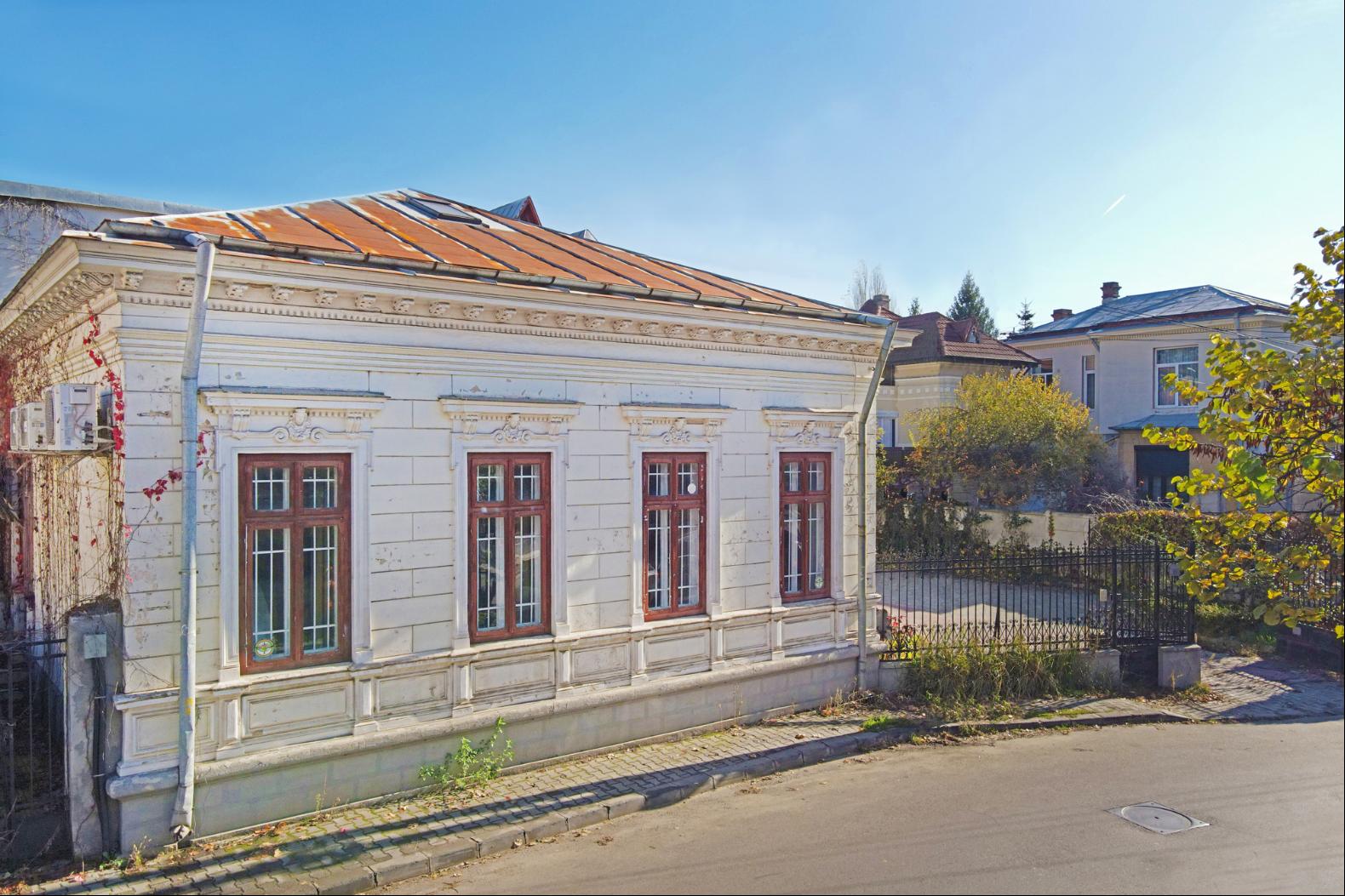
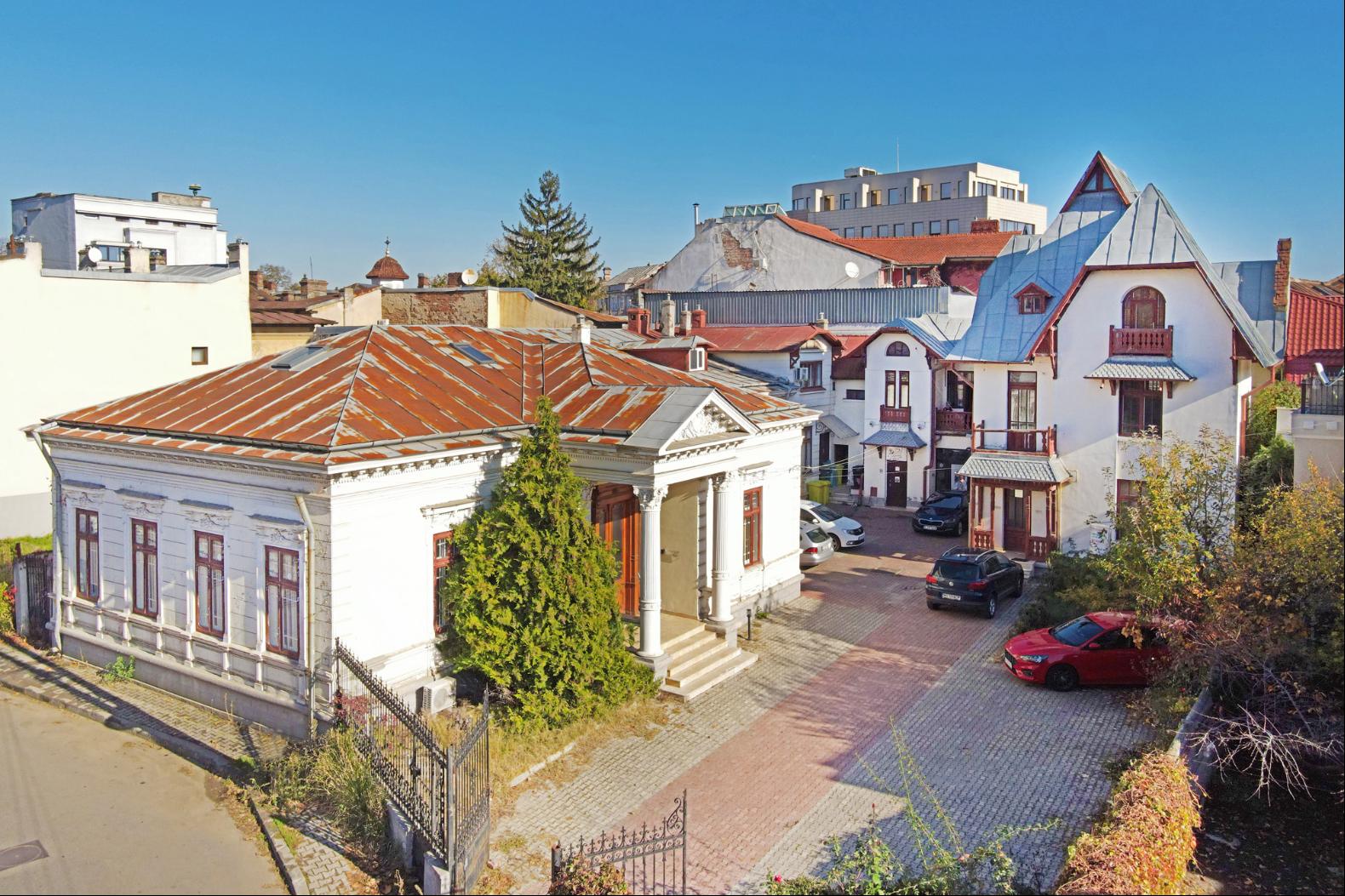
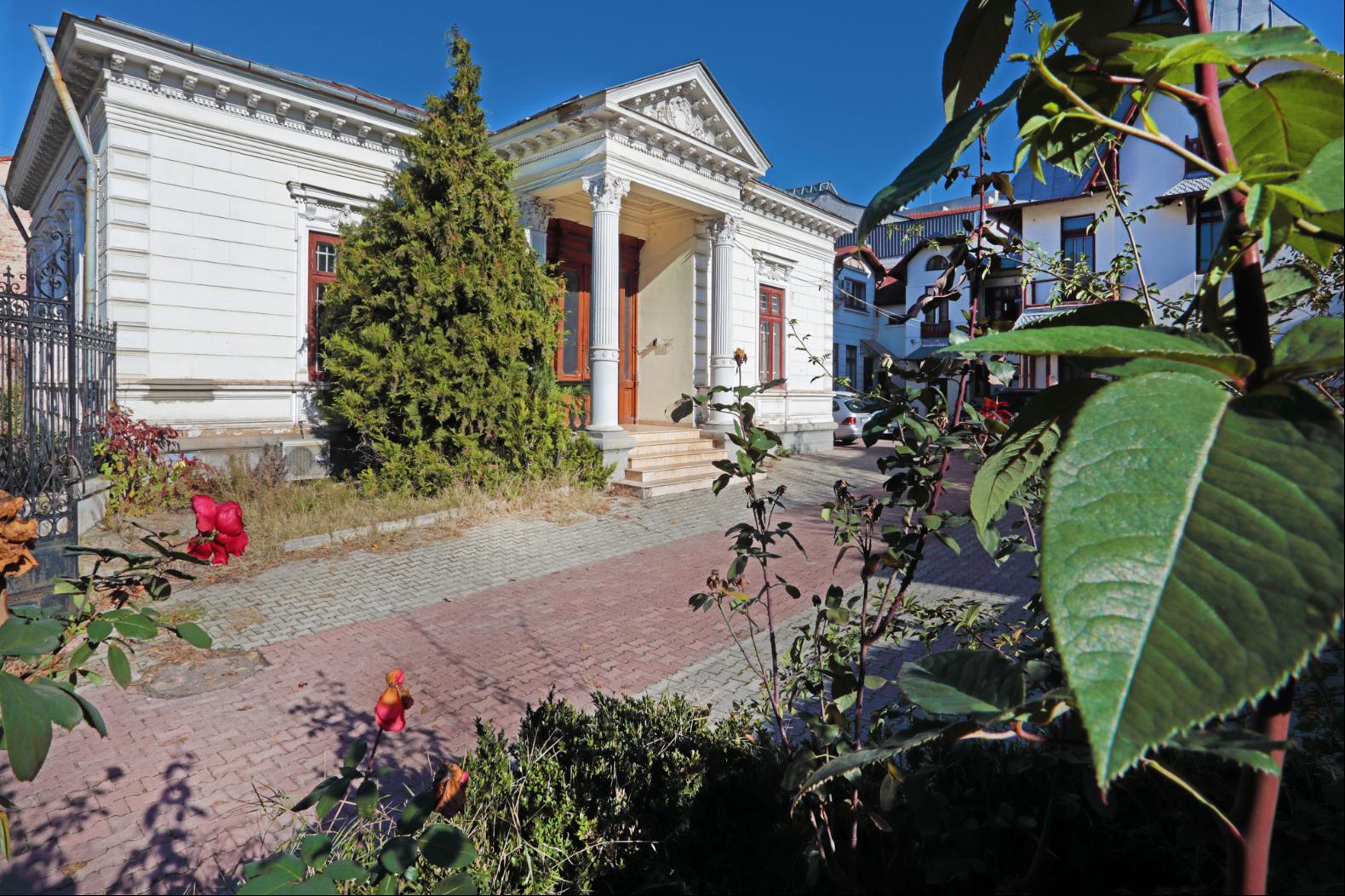

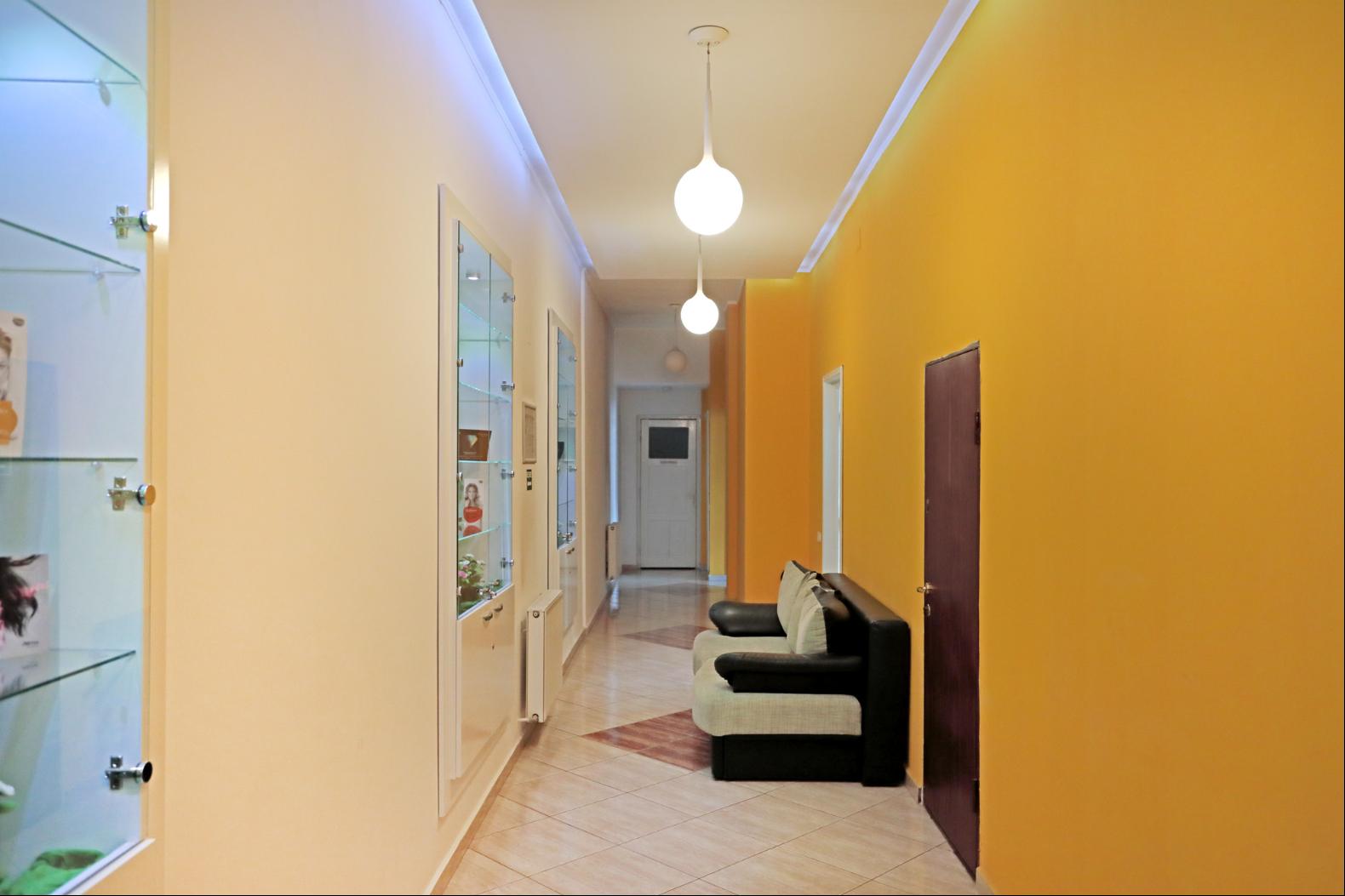
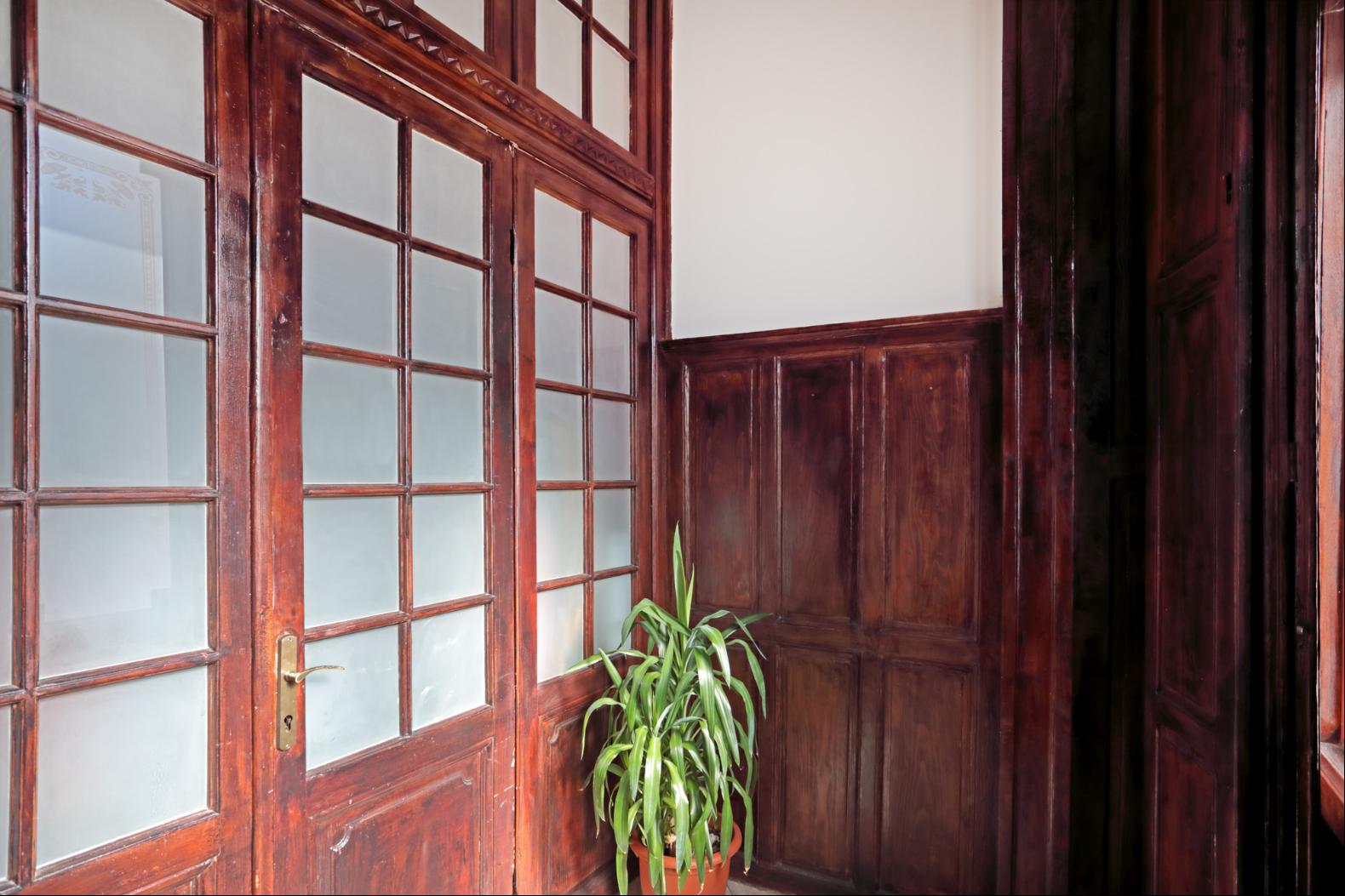
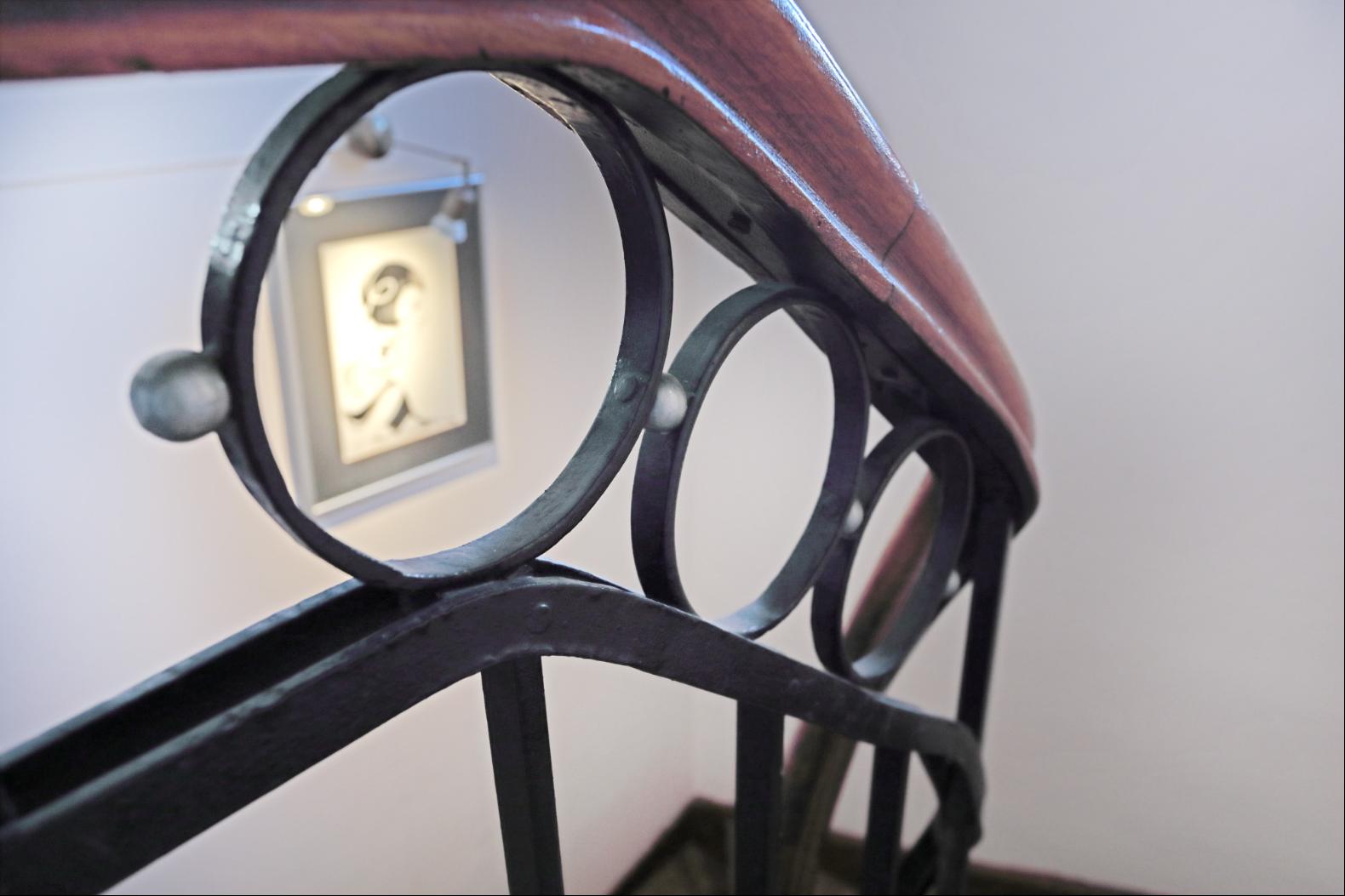
- For Sale
- EUR 1,550,000
- Build Size: 13,831 ft2
- Land Size: 11,086 ft2
- Property Type: Multi-Family Home
- Property Style: 1 Level Ranch
- Bedroom: 31
- Bathroom: 8
- Half Bathroom: 2
An ensemble of historic houses located in the Jewish quarter of the Capital, more precisely on Romulus Street, which became a historical monument representative of the local cultural heritage, built for Colonel Teodor Vera, commander of the Howitzer Regiment, fighter of the Romanian army in the war for Romania's unifying 1916-1919, in the battles of Mărăști and Mărășești. Romulus Street, in the former Lucaci slum, is one of the most important historical streets in Bucharest, which still preserves the scent of the past. Here, in 1867, next to the house of Hermann I. Rieber, the first Rieber carriage factory was founded, which would later become a luxury car factory. Whether they lived in sumptuous villas built in the pre-war period, or in chic blocks of flats built between the two world wars, over time personalities such as Ionel Teodoreanu, M.I. Demetrescu, Anton Pann, Eugen Lovinescu, George Vraca, Ionescu Gion. Here we meet two architectural styles that form a mixed, composed of two houses built in stages, on a plot of 1,030 sqm, the main body in French neoclassical architectural style, built in 1888, and the secondary body in neo-Romanian architectural style, built in 1929 according to the plans of the architect Grigore Cerchez. The architecture of the buildings was well preserved, the architectural elements were restored after the original ones in the 2000s, preserving the geometry, texture and color of the facades, windows, doors and all the particular elements. At present, the general configuration of the ensemble represents a good opportunity for many types of activities through the multitude of access roads, both from the street and from the courtyard, the generous spaces of the rooms, the height of the ceilings and the practical compartments. The main building, built in French neoclassical style, with a height of GF + M, has an area of 708 sqm, and consists of 14 rooms, 2 kitchens, 5 bathrooms and 4 access doors. Decorated at the main entrance, built in rezalit, with massive Corinthian columns and continuing with the door and window frames, rich in triangles and caryatids, the main building is the point of attraction of the ensemble. The secondary building, built in 1929 in neo-Romanian style, according to the plans of the architect Grigore Cerchez, with a height of Ug + Gf + 1F + At and an area of 577 sqm, consists of 17 rooms, 2 kitchens, 7 bathrooms and 4 access doors. It also has a basement on 3 levels, one of which is arranged with a wine cellar. The entire basement benefits from natural ventilation, has a usable area of 77 sqm, and consists of a wine cellar, 5 storage rooms grouped on separate spaces. The general condition of the interior is good, with finishes such as carved solid wood doors, 2 m high windows with wooden joinery and double glazing, velux windows in the attic, marble floors, air conditioning, monitoring and alarm system 24h, internal cabling for own servers. There is independent metering for water, electricity and gas on each building, heating system with its own boiler, radiators with thermostat and temperature control on areas. The free yard with an area of 491 sqm, paved and equipped with night lighting system, is composed of two fragments with street access and a separate inner courtyard. The layout of the main courtyard allows the parking of up to 12 cars. This historic ensemble offers many opportunities in terms of future destinations, in the sense that it can be converted into a medical clinic, currently partly rented by a clinic, a restaurant, boutique hotel, various office activities, representation, showroom, or in a mixed-purpose, residential and business purpose at the same time. Photo: Gabriel Ghizdavu


